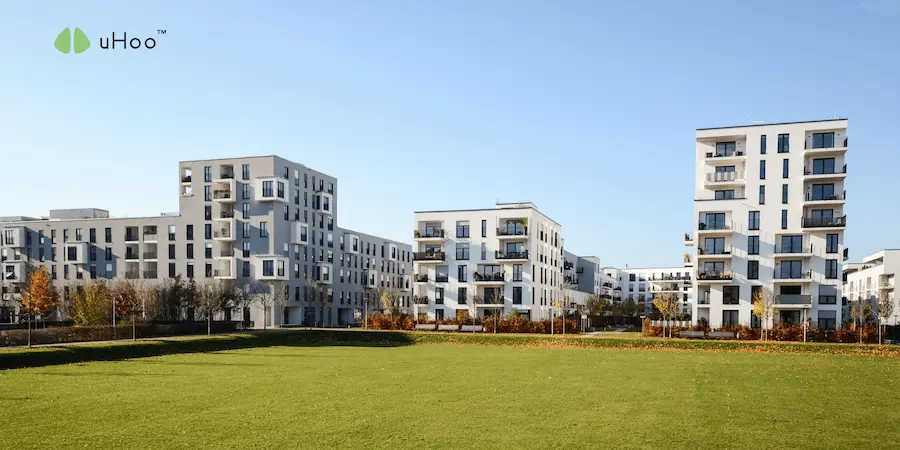In the rapidly evolving landscape of commercial and residential real estate, a new paradigm is taking hold: the undeniable value of buildings designed for human well-being. For property owners and businesses, understanding the tangible benefits of health-focused certifications is no longer a niche concern, but a strategic imperative that directly impacts their bottom line and reputation.
Health-focused certifications, such as the WELL Building Standard, go beyond traditional “green” building metrics to focus intensely on how the built environment impacts occupants. Here are their key tangible advantages:
- Increased Property Value and Attractiveness: Certified healthy buildings command higher market value and rent premiums. As awareness grows about the link between indoor environments and health, tenants (especially corporations) are willing to pay more for spaces that offer proven well-being benefits. This translates to higher occupancy rates and a stronger competitive edge in the real estate market.
- Enhanced Occupant Productivity and Performance: This is perhaps the most significant benefit. Health-focused certifications mandate design and operational strategies that optimize factors like indoor air quality, thermal comfort, acoustic quality, and access to natural light. When occupants are in a comfortable, healthy environment:
- Cognitive function improves.
- Concentration levels increase.
- Creativity and problem-solving abilities are enhanced.
- Even modest gains in productivity translate into substantial financial returns for businesses occupying these spaces.
- Reduced Absenteeism and “Sick Building Syndrome” (SBS) Symptoms: Poor indoor environments can lead to employees and residents experiencing headaches, fatigue, respiratory issues, and other SBS symptoms, resulting in lost workdays and reduced effectiveness. Health-focused certifications directly address common indoor pollutants and stressors, leading to fewer reported illnesses and improved overall health outcomes, which in turn saves on healthcare costs and lost productivity.
- Improved Talent Attraction and Retention: In today’s competitive job market, a company’s commitment to employee well-being is a powerful differentiator. Employees are increasingly seeking workplaces that prioritize their health. Offering a space with a health-focused certification signals a progressive, caring employer, attracting top talent and fostering loyalty, thereby reducing recruitment and training costs associated with high turnover.
- Lower Operating Costs (Indirectly): While primarily focused on health, many health-focused strategies overlap with energy efficiency (e.g., optimized ventilation systems, smart lighting controls) leading to reduced utility bills. Furthermore, lower occupant turnover and higher satisfaction reduce administrative and marketing costs for property managers.
- Stronger Brand Reputation and ESG Compliance: Achieving health-focused certifications demonstrates a concrete commitment to human capital and social responsibility. This enhances the brand image of both the building owner and the tenant, aligning with Environmental, Social, and Governance (ESG) criteria that are increasingly important for investors and public perception.
- Mitigated Health Risks and Litigation: Proactively addressing indoor environmental quality through certification reduces the risk of occupant complaints, health issues, and potential litigation related to poor indoor conditions.
The tangible benefits of health-focused certifications extend far beyond altruism. They are a strategic investment that enhances asset value, improves human performance, and establishes a strong, positive market presence in the modern built environment. Let uHoo help you get health-focused certifications with ease.



